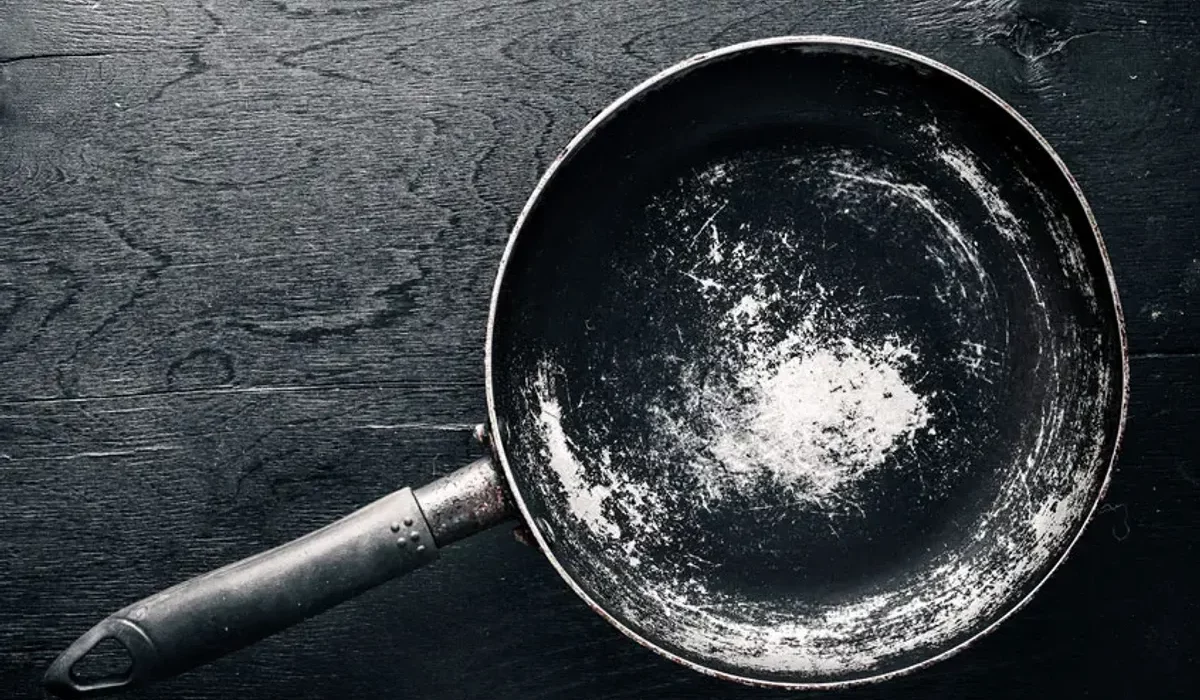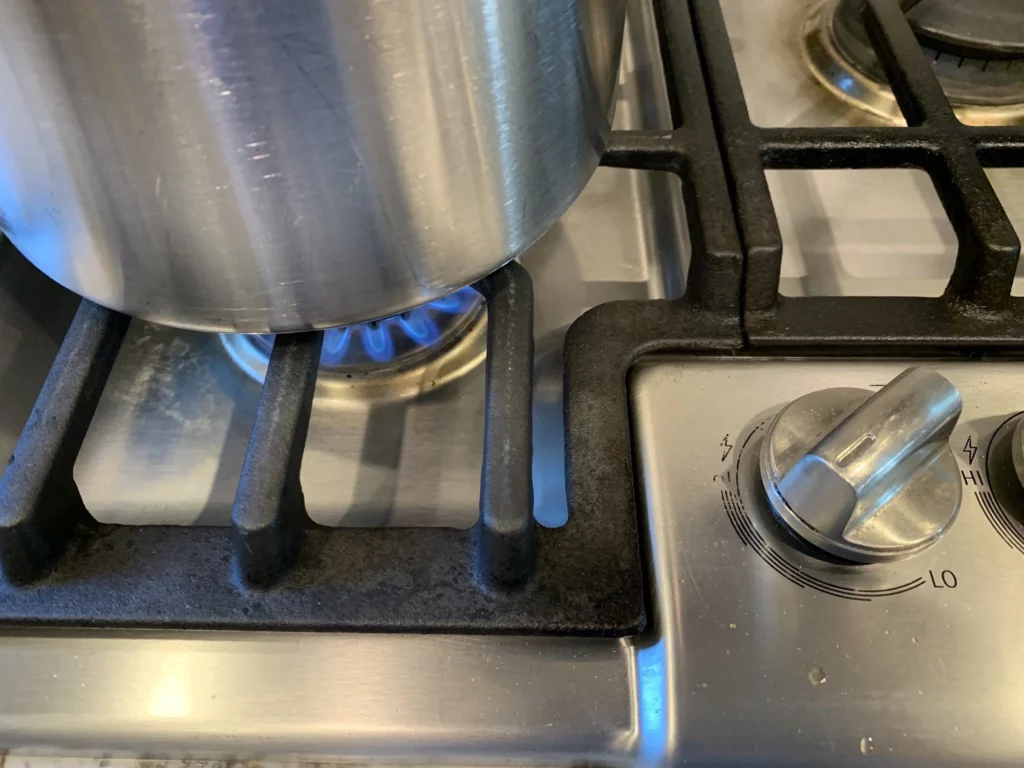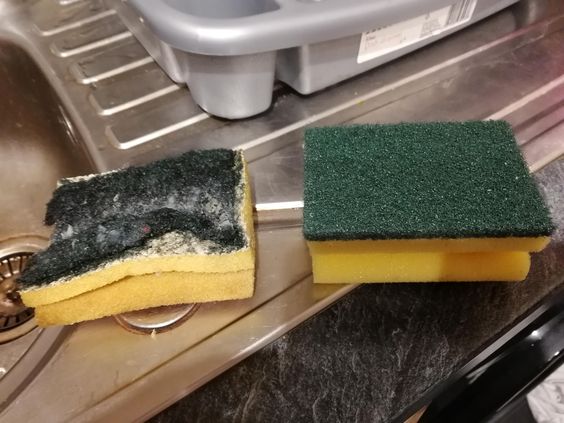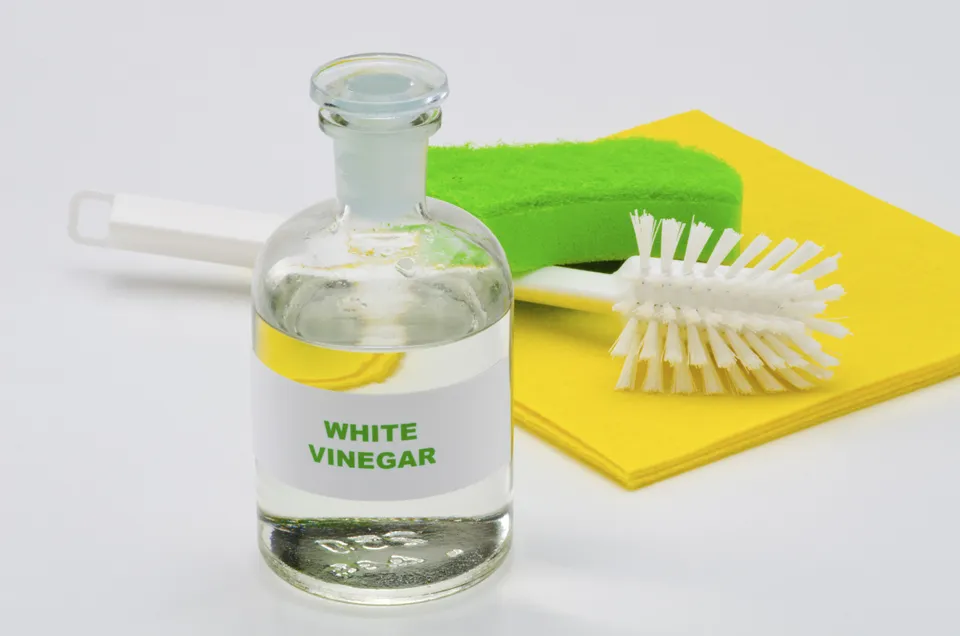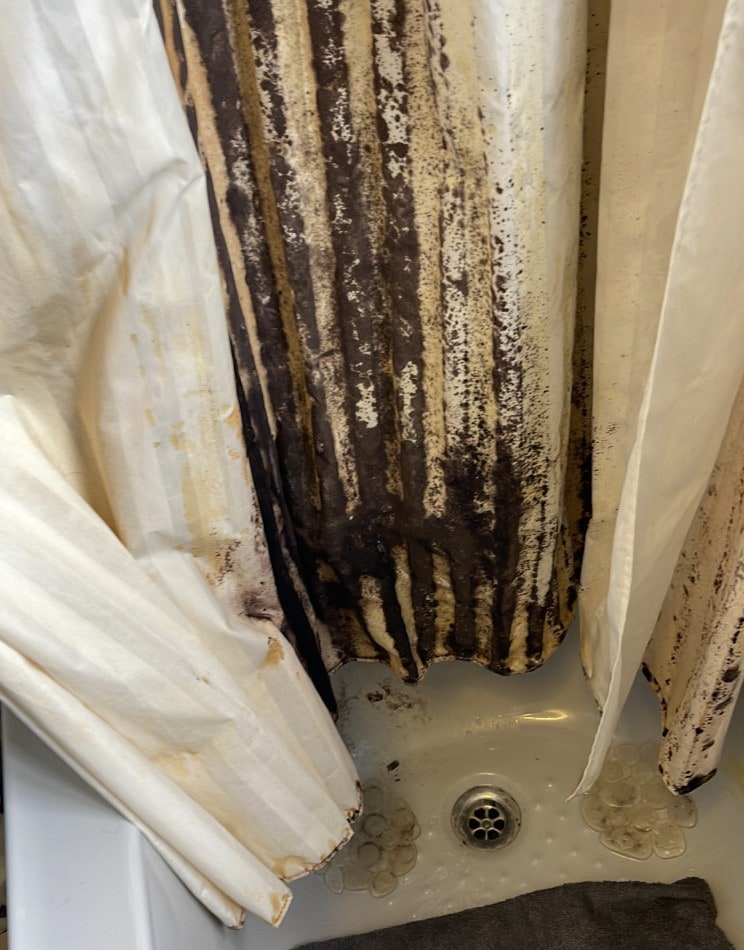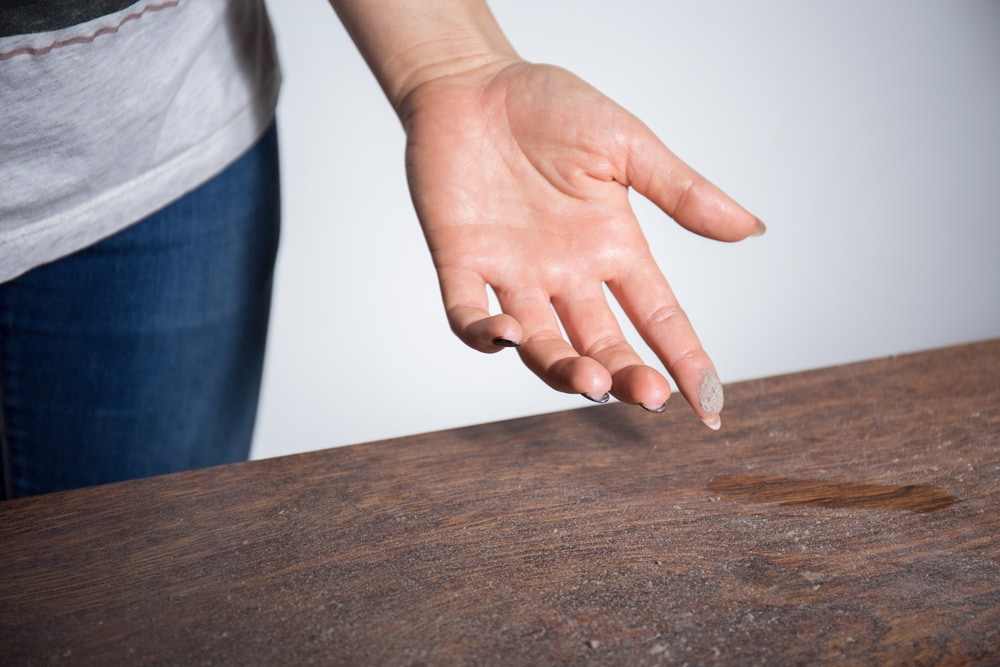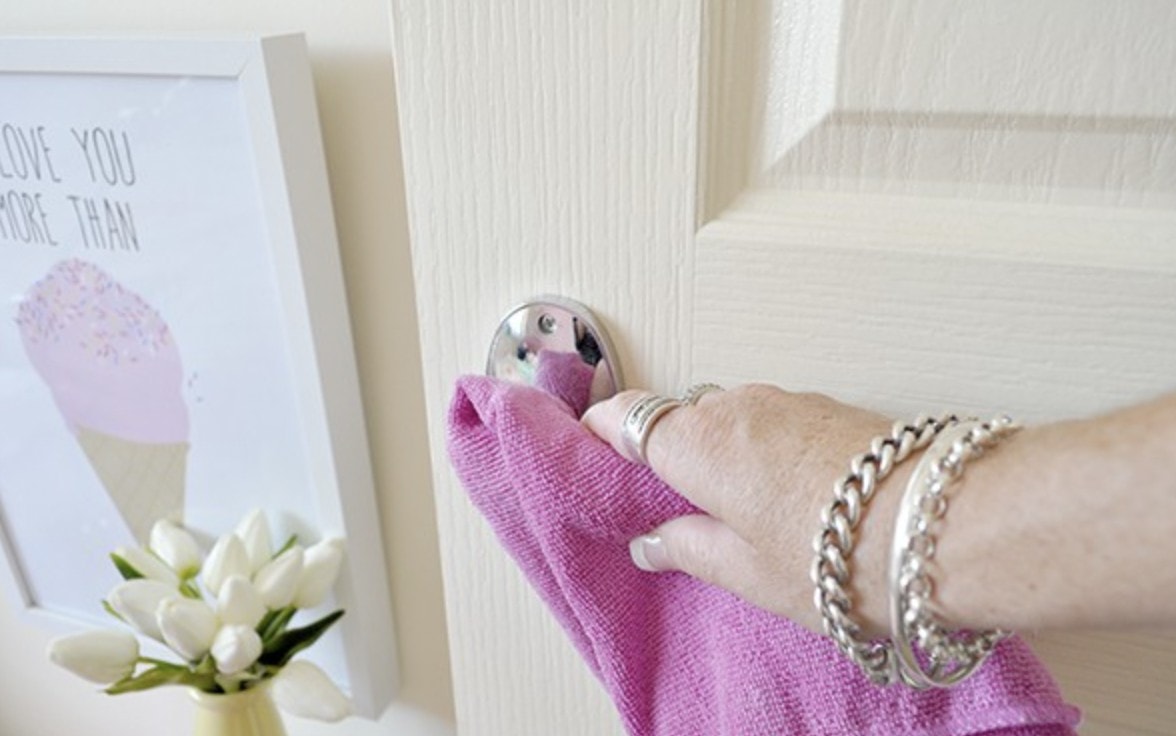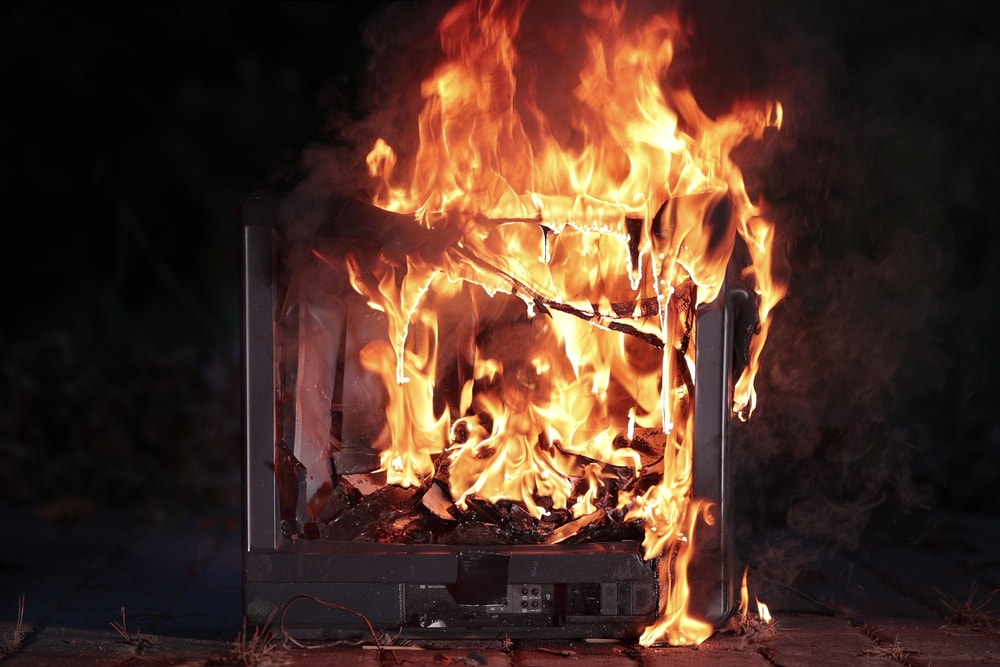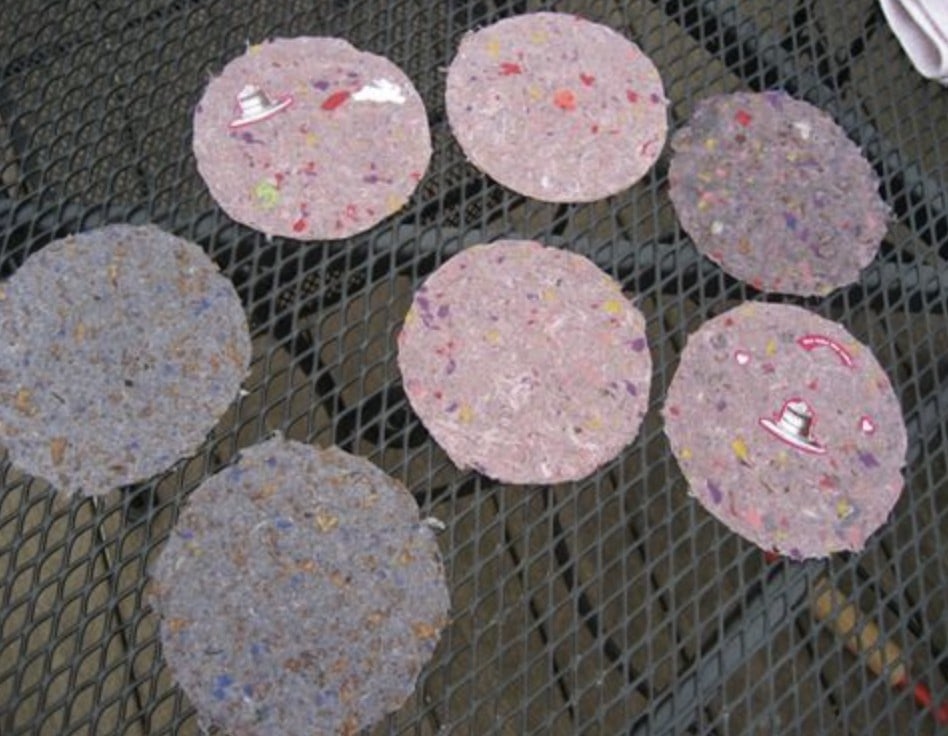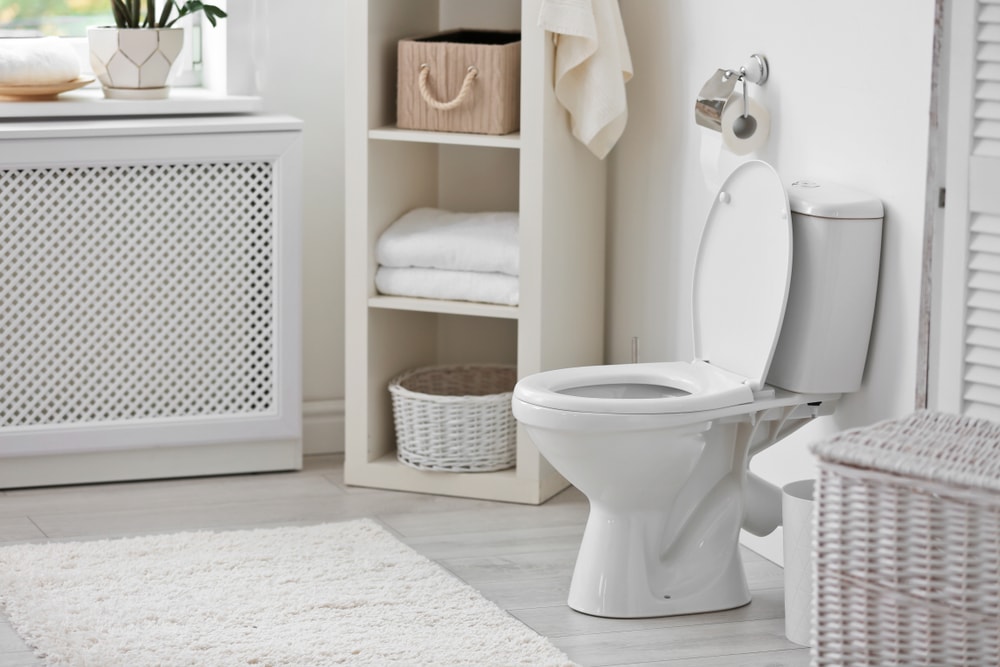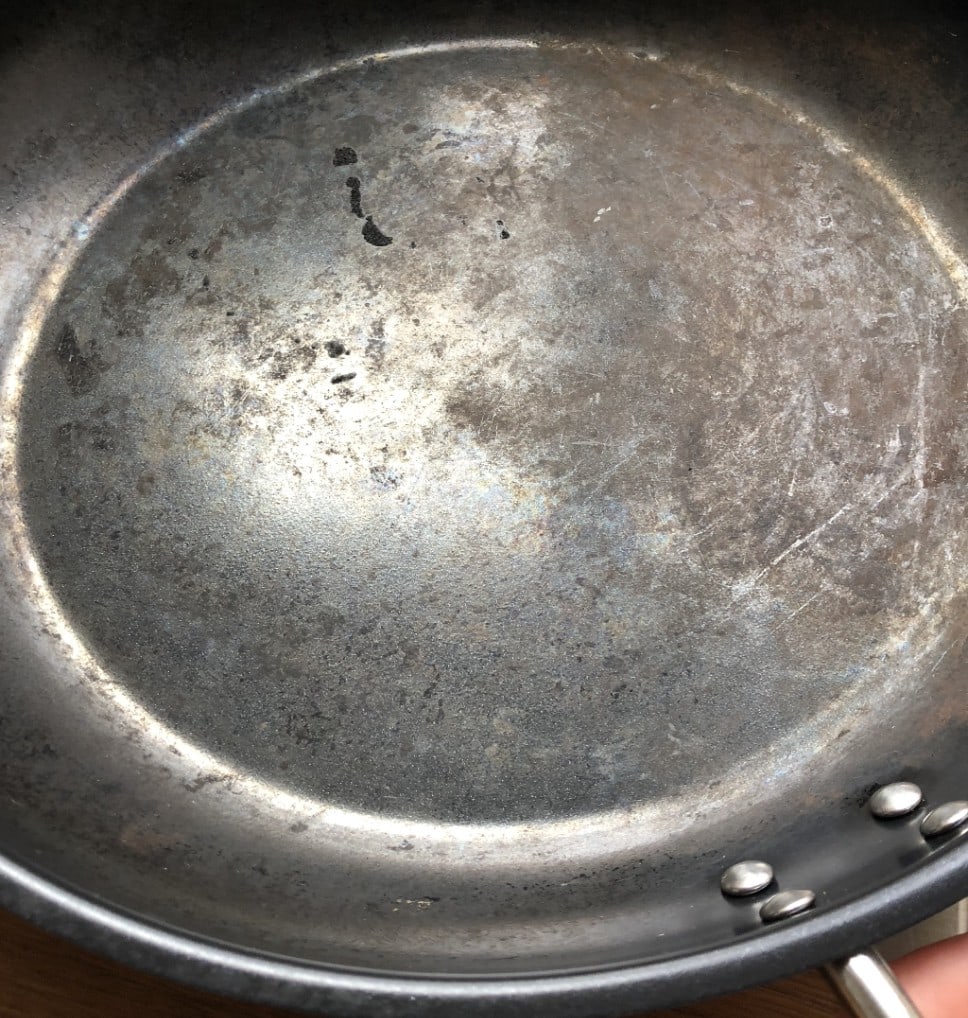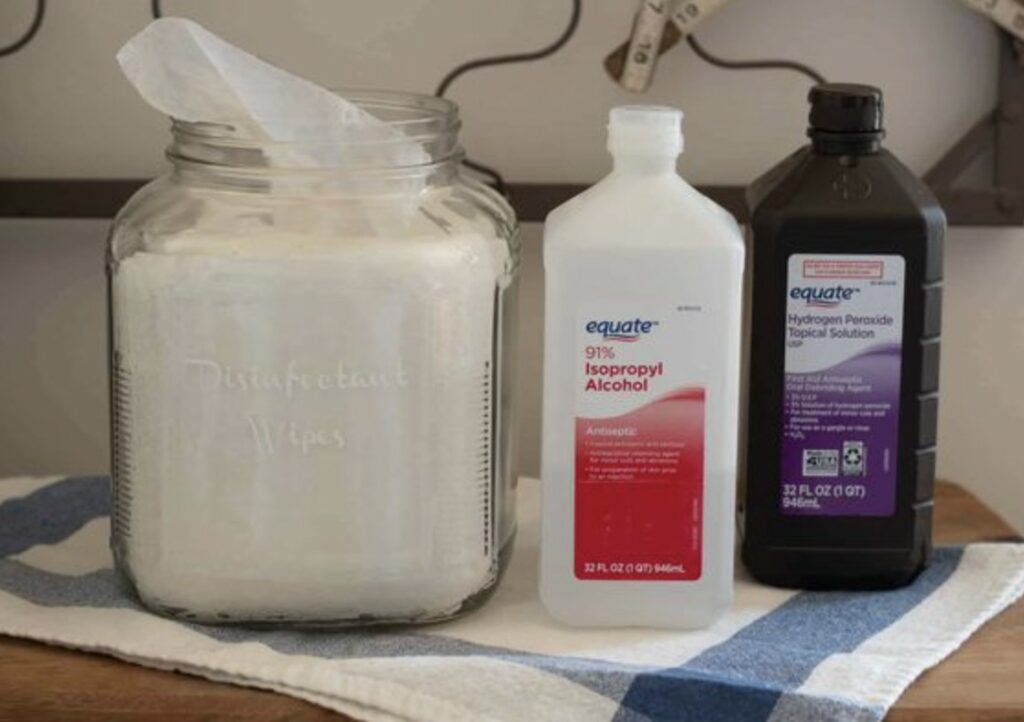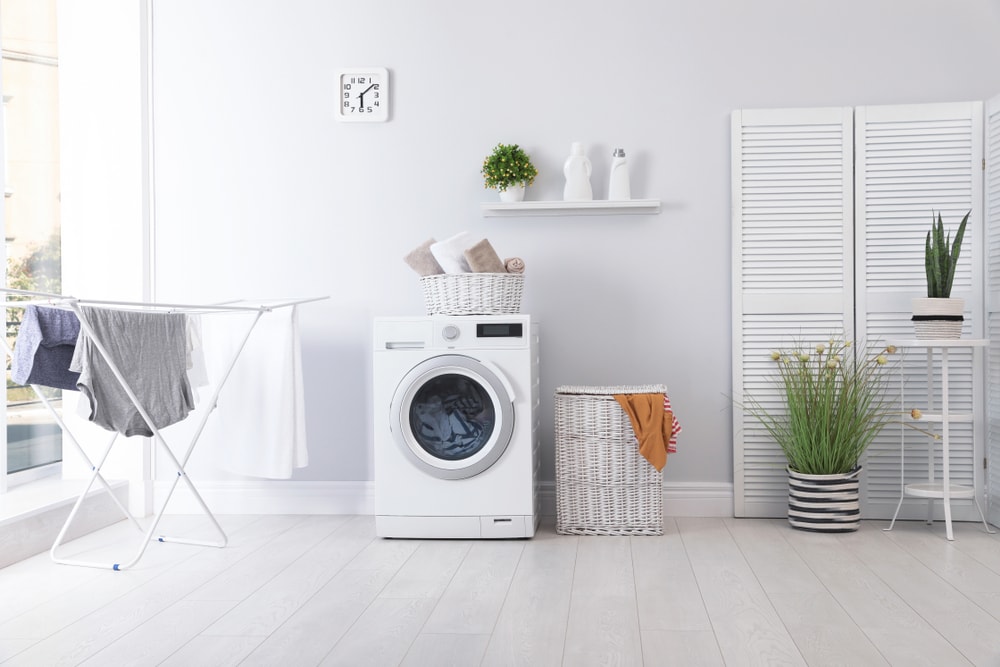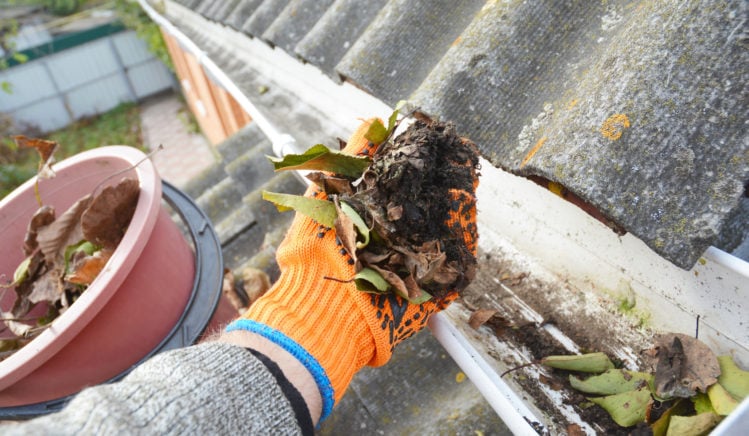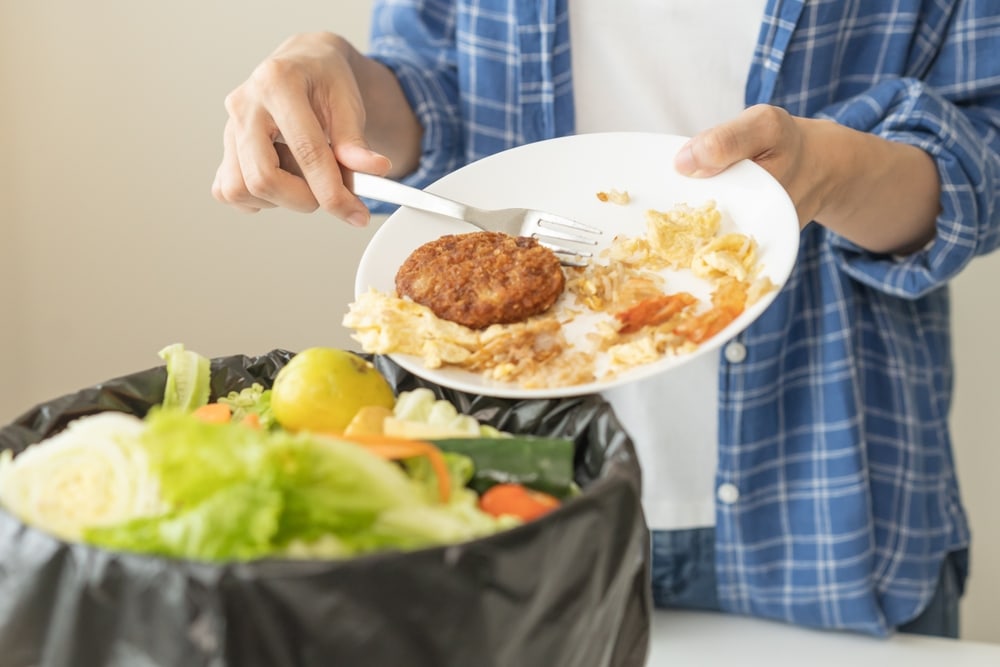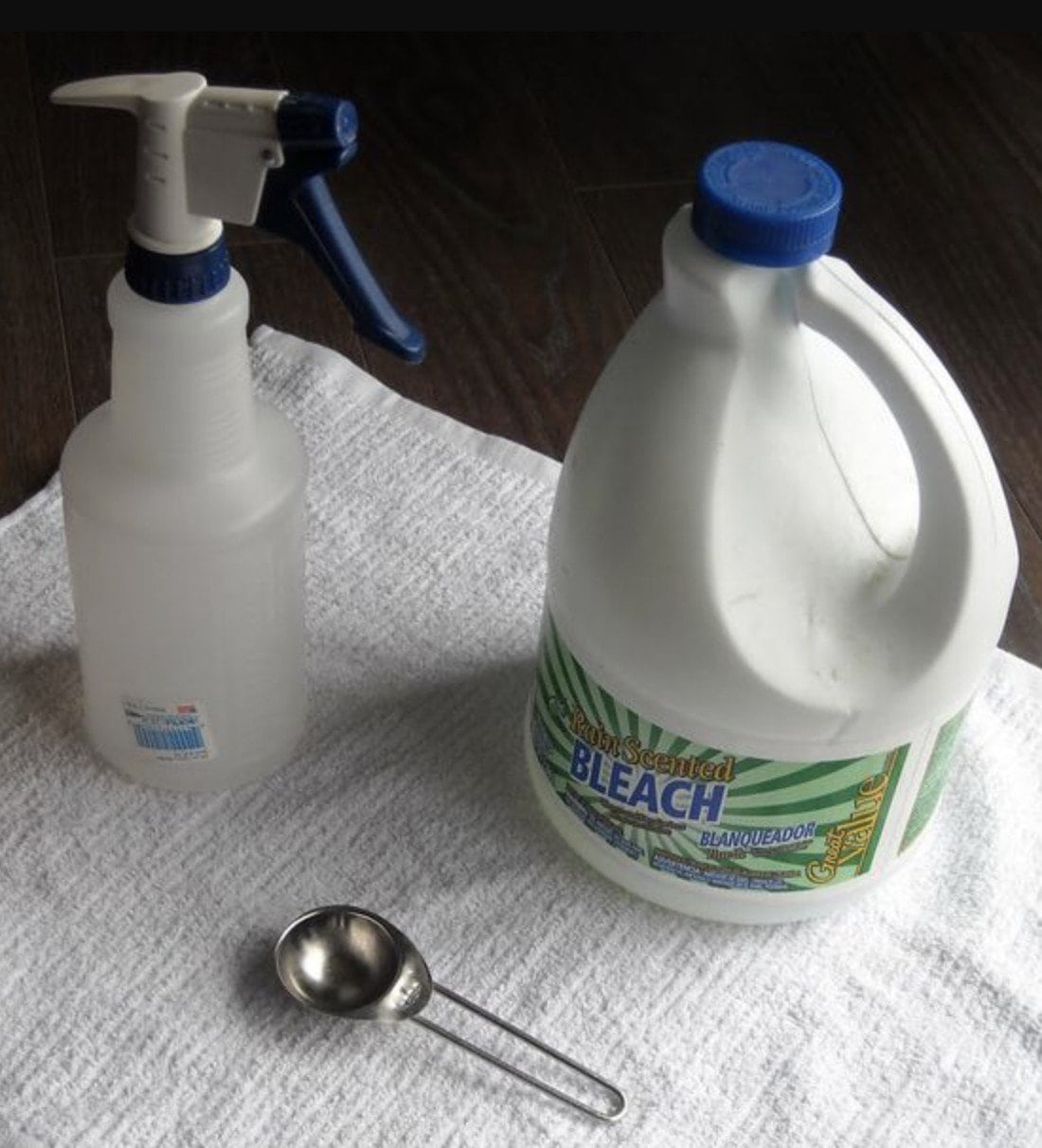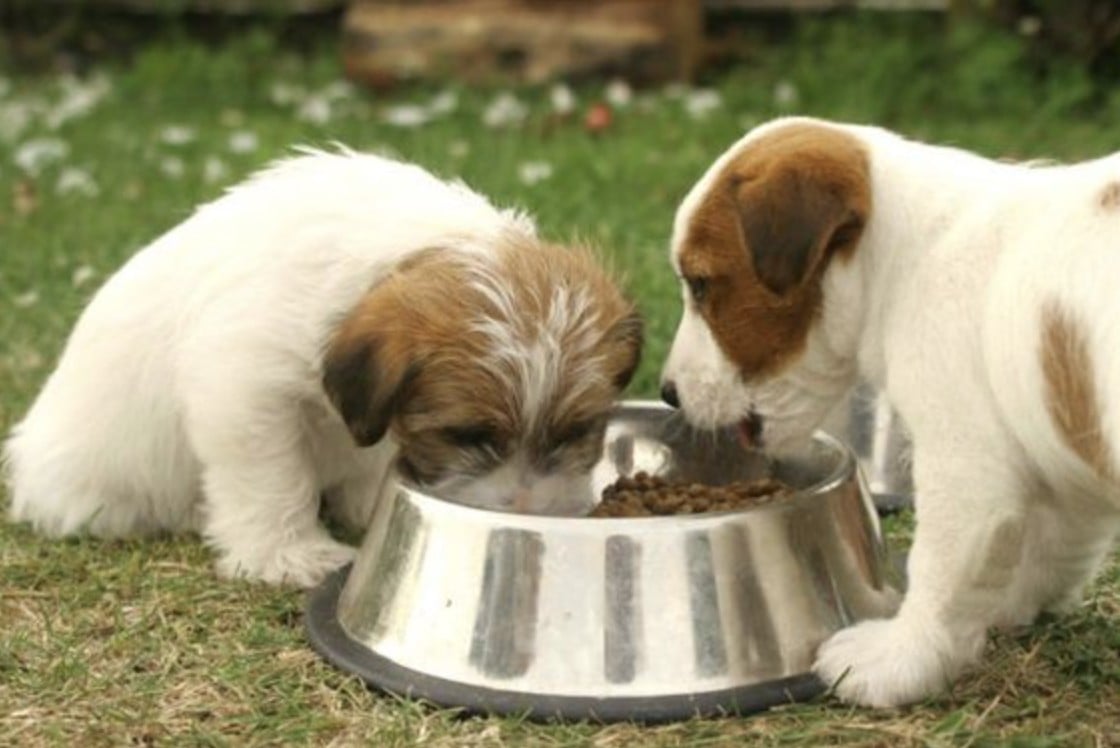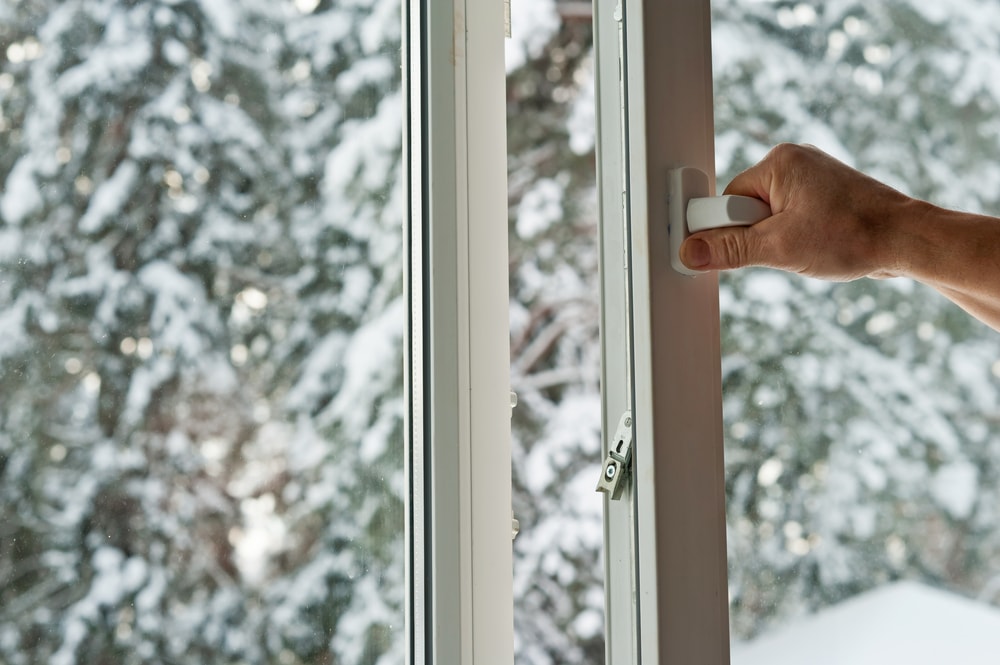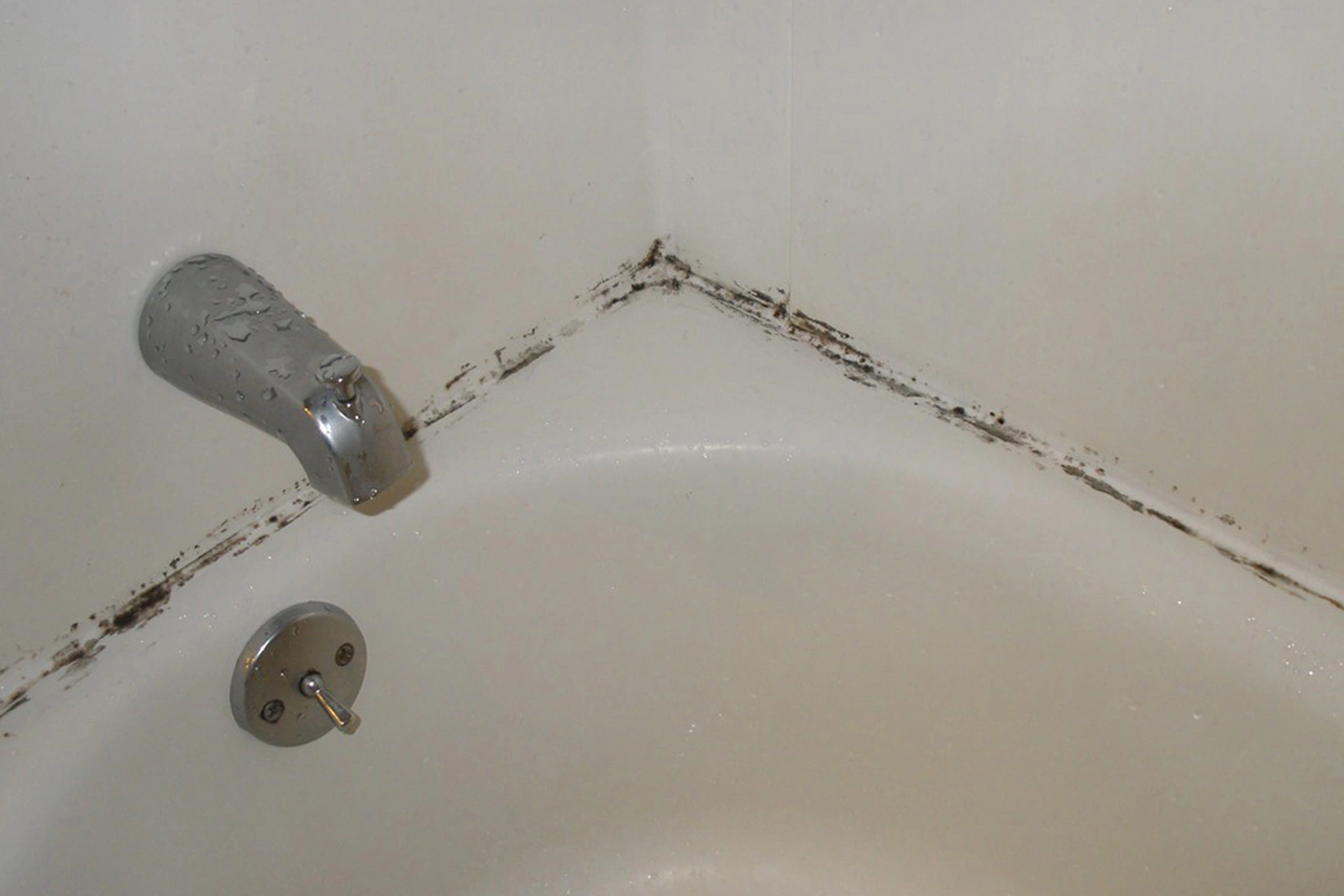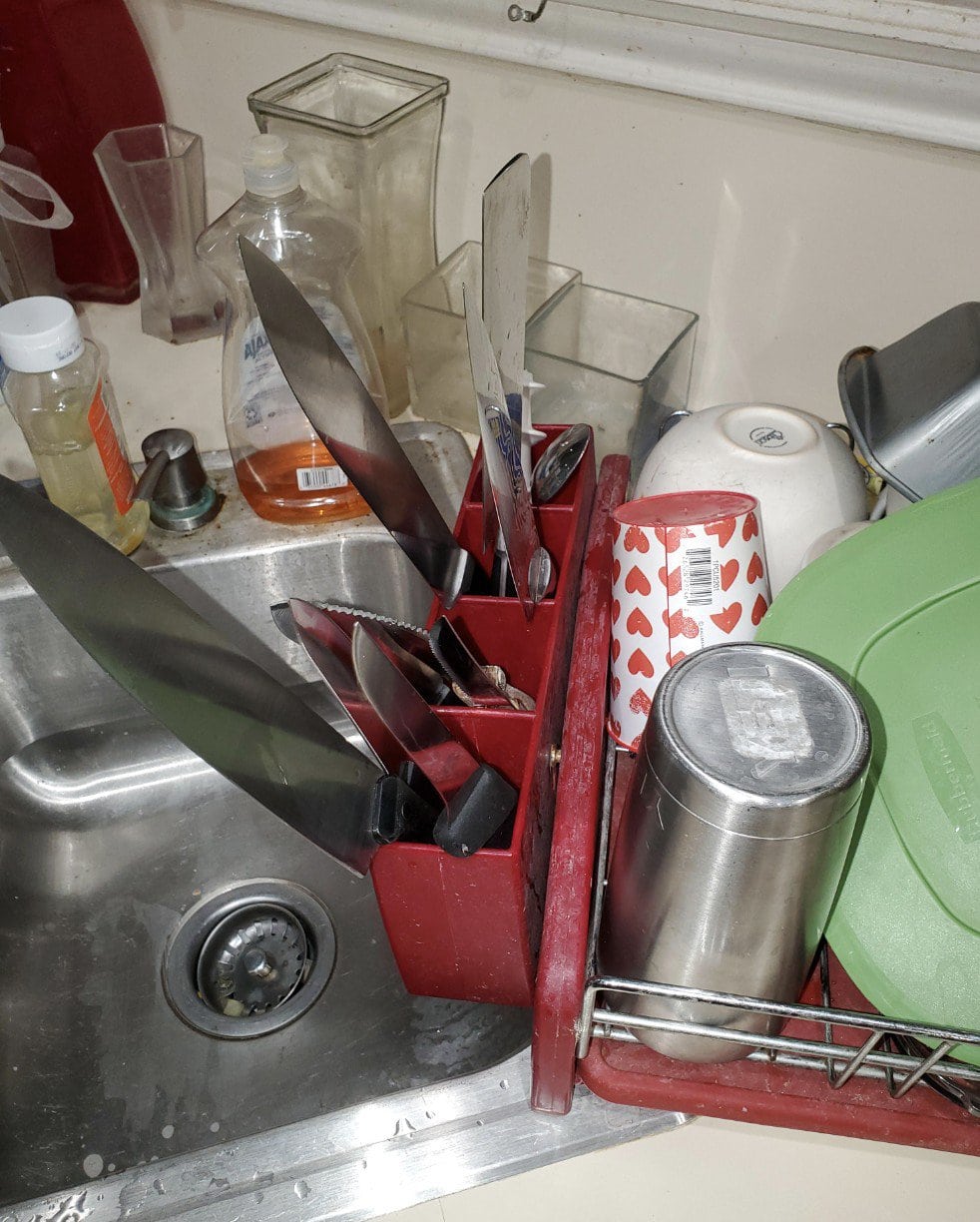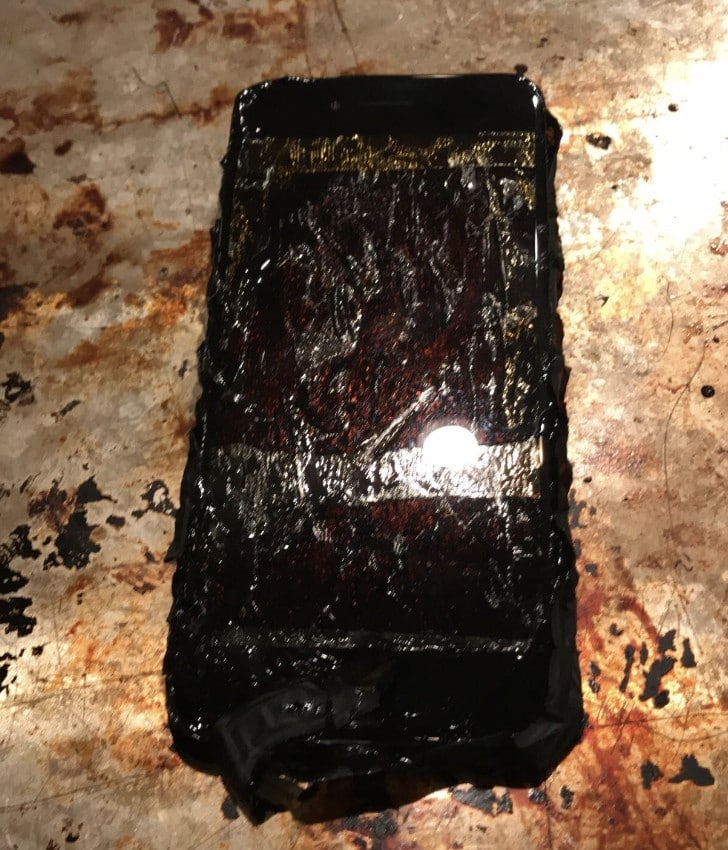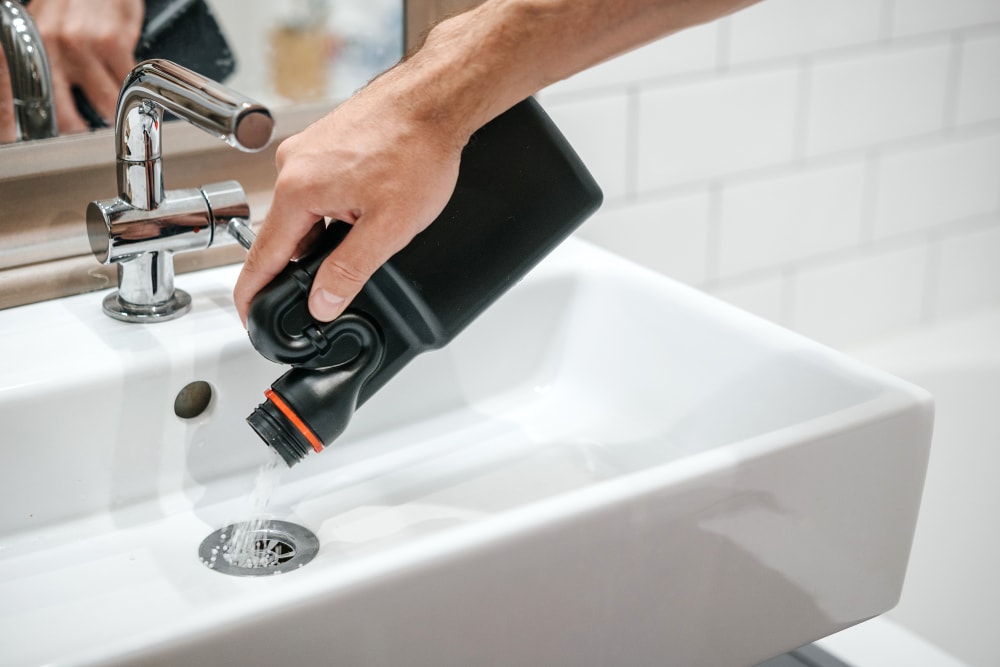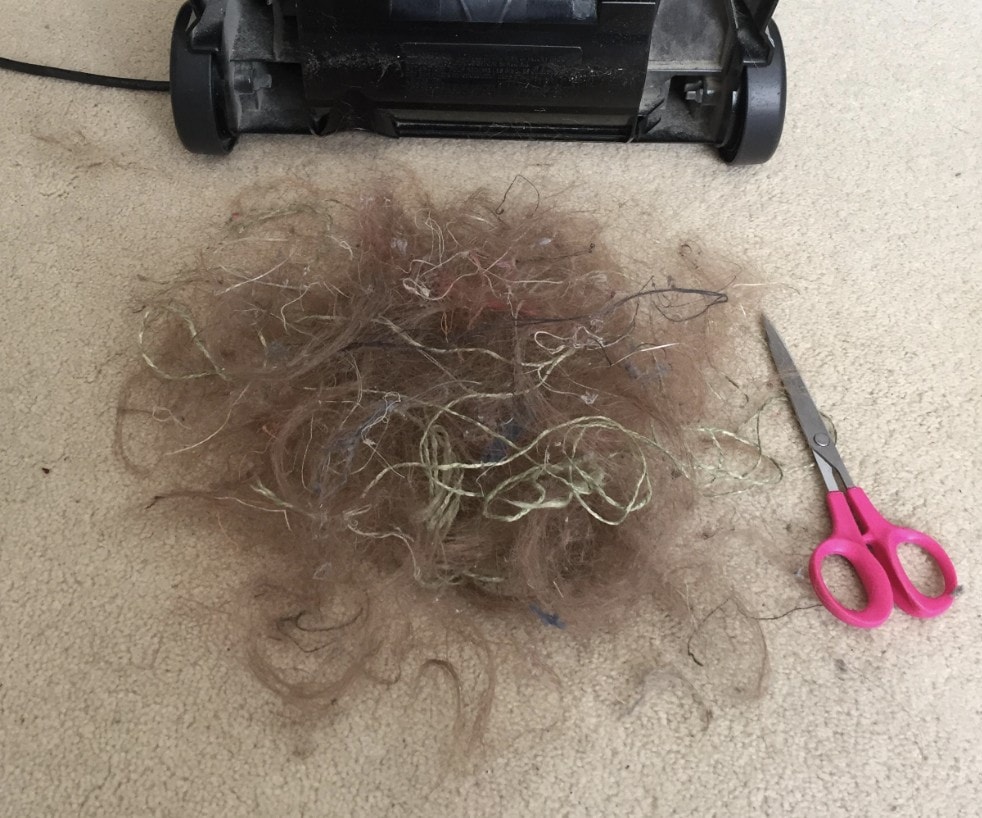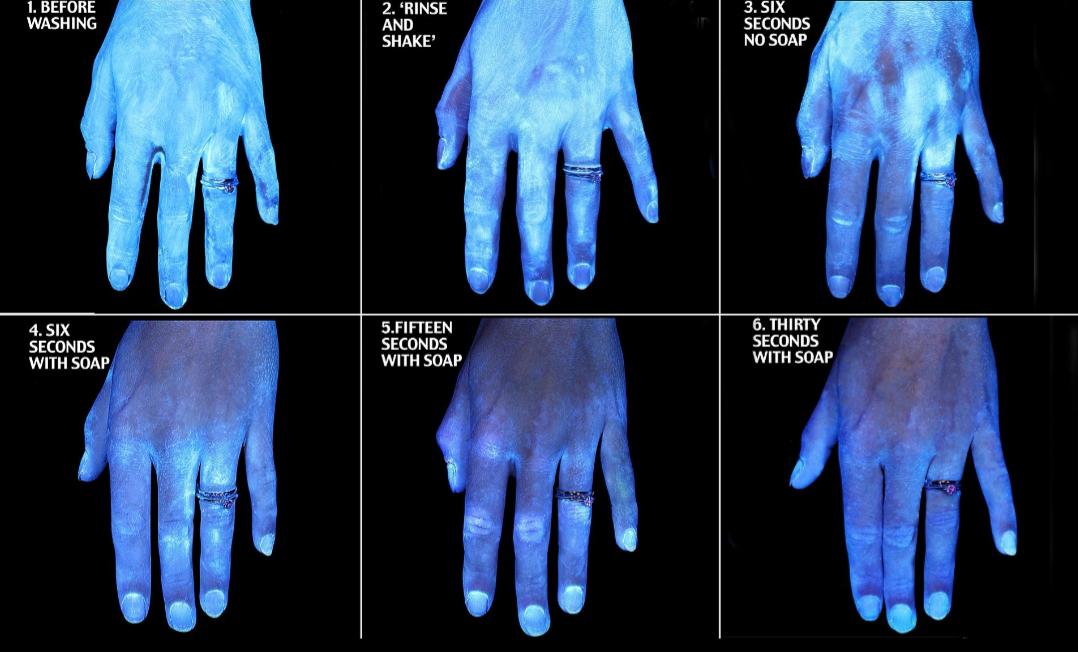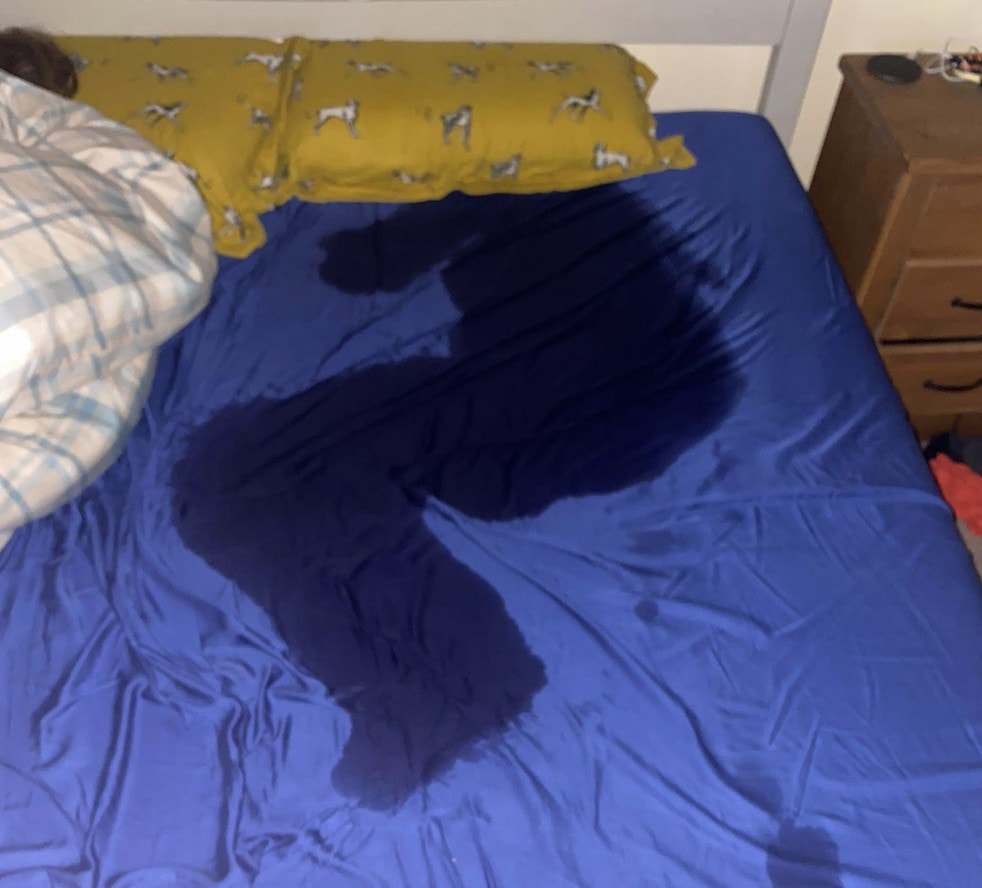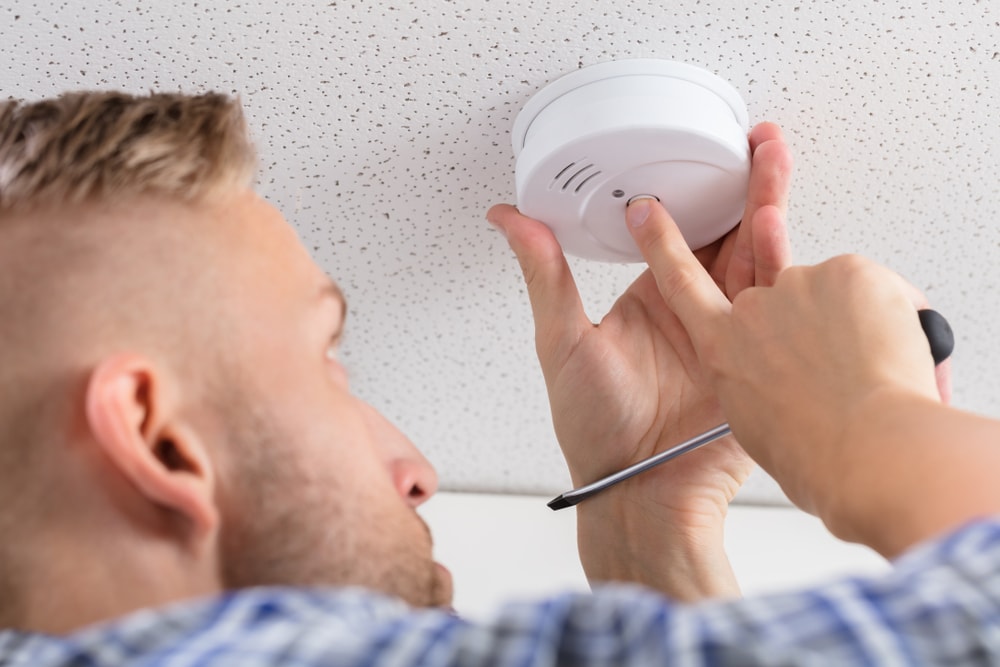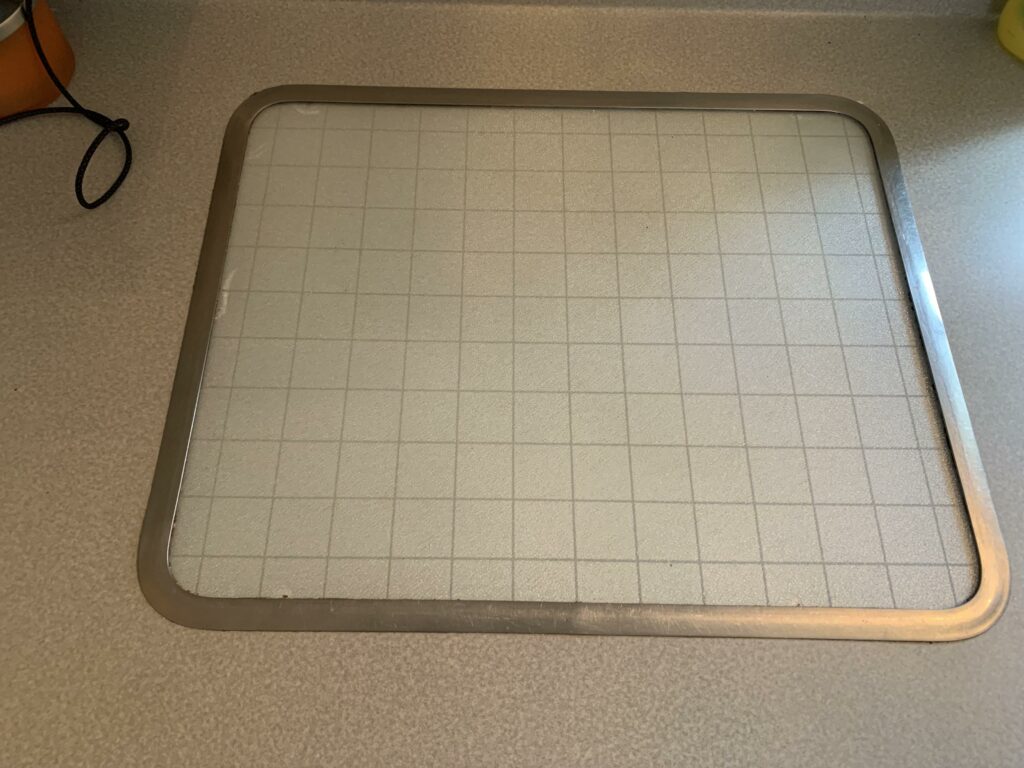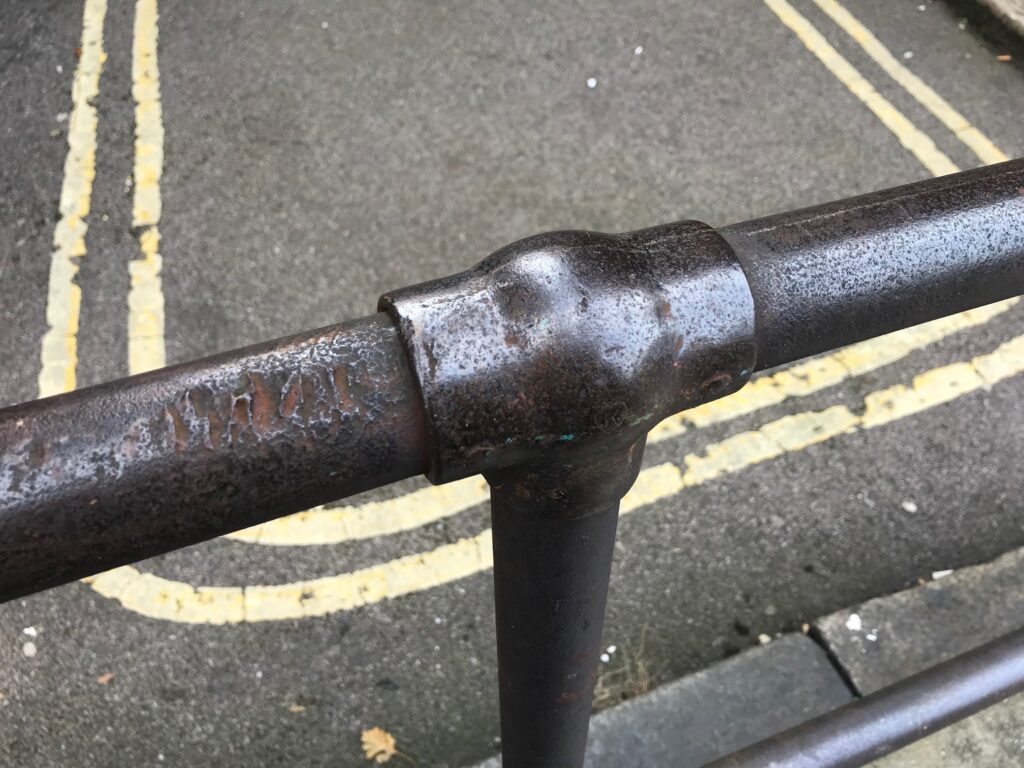Breaking a habit can take anywhere from 21 to 250 days, but did you know that some everyday household habits may be silently damaging your health? From not washing your hands often enough to wearing shoes inside the house, it can be difficult to keep track of all the ways we may be exposing ourselves to harmful germs. But don’t worry, Home Addict is here to help. By making small changes to your daily routine, you can improve the safety and cleanliness of your home and promote a healthier lifestyle for you and your family. So, let’s take a closer look at those lesser-known habits and start making positive changes today.
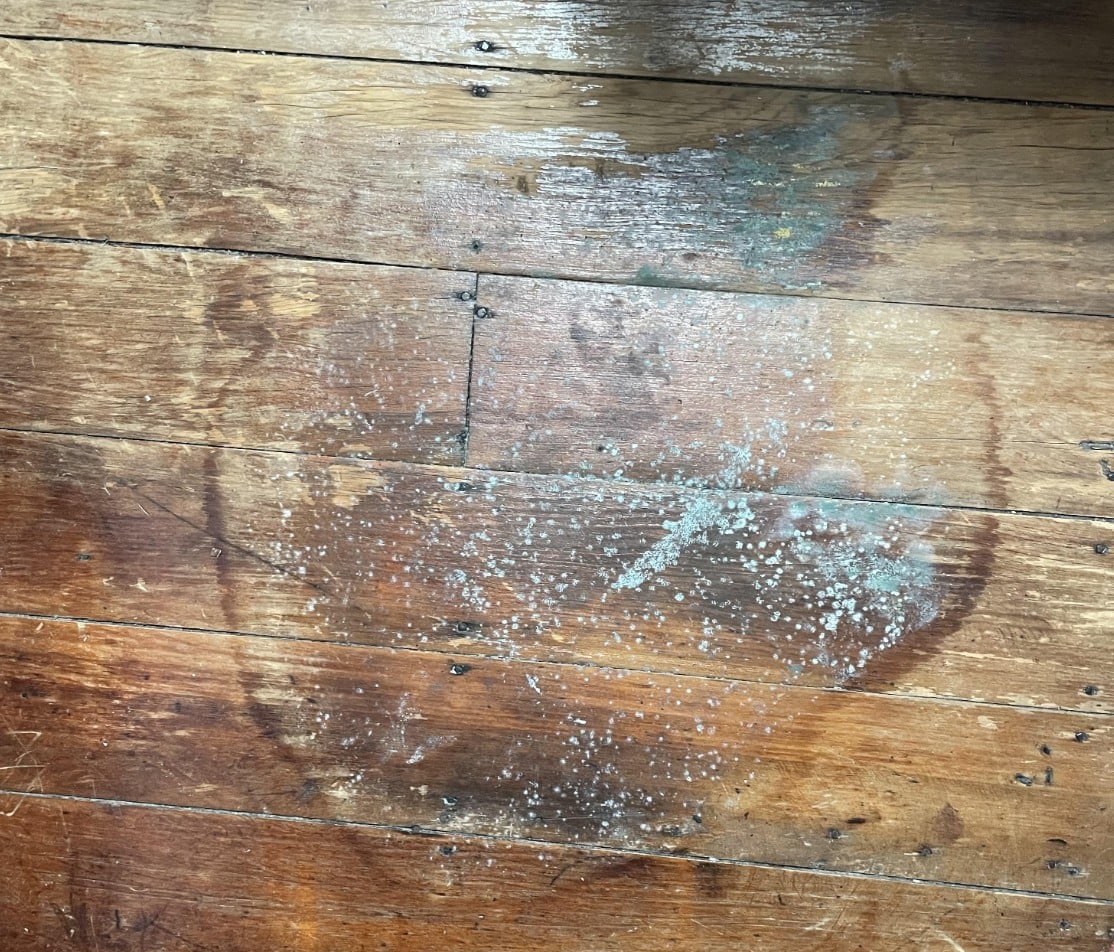
Those Wet Towels Aren’t Rugs
If you’ve grown accustomed to tossing your towel on the floor after a shower, try and break that harmful habit. The towel doesn’t dry properly, and it leads to bad smells. It also makes your bathroom much dirtier and becomes the perfect place for mold and mildew to grow. On a damp surface, mold and mildew can grow in as little as 24 to 48 hours. If it’s Monday morning, and that towel you threw on your floor during your Saturday morning hangover is still there, it’s time to pick it up and wash it (FEMA).

